These Jokes Aren’t Funny Anymore
November 3, 2017
And they never were.
The story starts with me walking into a testing center to take a standard test for college. In order to enter the room you are assigned to, you must show the test proctor your admission ticket and some form of my identification.
The proctor looked at my driver’s license and announced, “Ahh so you’re Russian,” to the rest of the test takers in the room. He then proceeded to tell me how his ancestors were from there.
Five minutes later, as all of the test takers are seated at their desks, the proctor decided to crack a joke about “Russian hackers,” implying that all Russian people are hackers. He then looked at me in hopes of having me join in and laugh along.
Instead, I gave him a blank stare. No laugh. No smile. Nothing. The other test takers then look at him with questioning smiles. He then said, “Well I can say things like that, my ancestors were Russian.”
No matter who you are, where in the world your ancestors are from, or where you come from, you cannot make jokes that single out a group of people.
Before I begin, let me quickly set the record straight, First of all, I am American. Born and raised as a matter of fact. My family is not from Russia, but rather what was formerly known as the USSR, and if we want to get really technical, then the territory they are from is now classified as part of Ukraine.
These technicalities alone show that neither a person’s name or appearance is what classifies who they are.
Proper or improper classification, jokes about stereotypes are no laughing matter. Stereotypes have caused political divides, wars, and even genocides. In my opinion that is not something to laugh about.
Growing up in family of immigrants, not only have I been made fun of time and time again merely because of my name, I have seen my family members be made of for countless things. Seeing them being made fun of and stereotyped has hurt me more than being made fun of myself has.
Just last week, a solicitor came to my door trying to sell something or other to my dad, to which my dad said, “No thank you. We are not interested.” The solicitor then said, “no thank you,” mimicking my father’s accent.
What one considers to be funny may not be considered that way by the person they are referring to. There is a big difference between laughing at someone, and laughing with them.
Whether he realized it or not, while that test proctor may have intended to laugh with me, he ended up laughing at me instead.
America, known as a country comprised of immigrants from far and near, should understand the importance of accepting others. Yes, we hear this all the time, but it is important to realize how every individual takes part in this concept of acceptance. One joke, one imitation, and one unnecessary remark can hurt someone more than one may even realize.
So next time you think of making a comment, whether that be about someone’s race, accent, religion, or anything of the sort, think. Think about how your words can hurt. Think about how your words are causing harm. Think about the values of the country we were lucky to have grown up in.



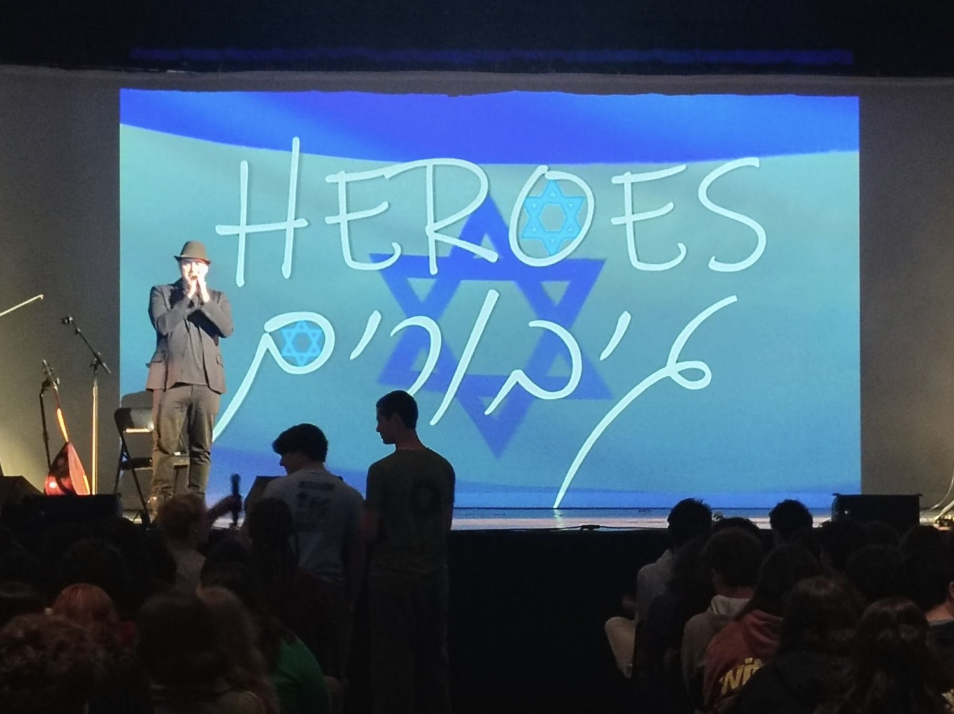





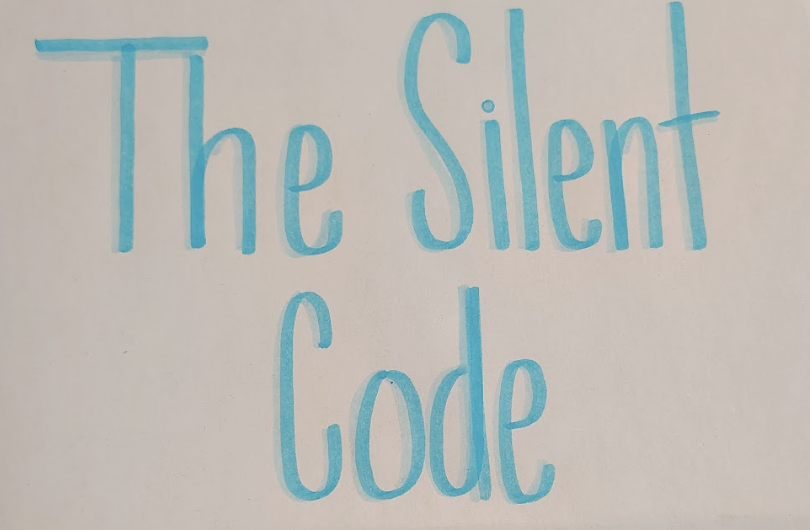

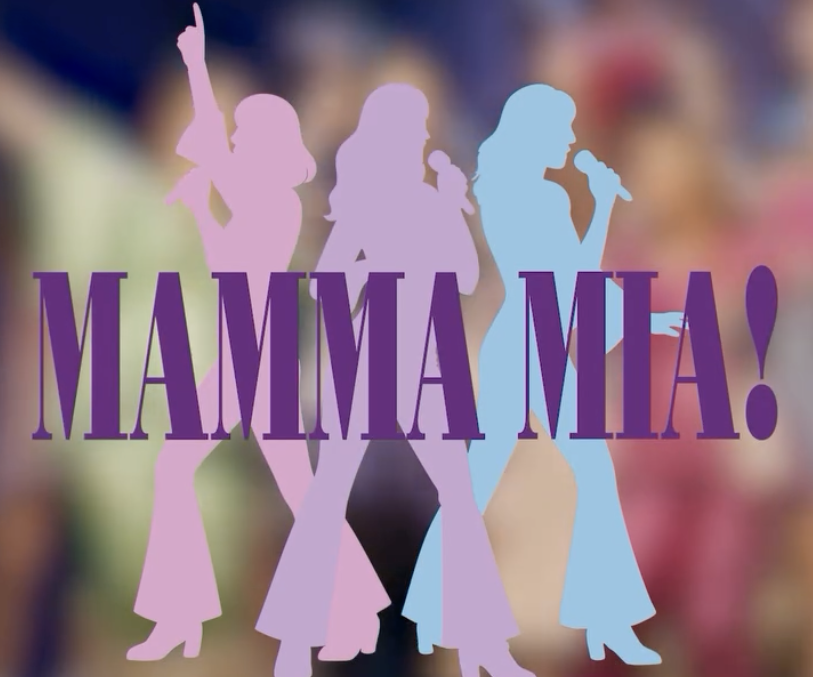

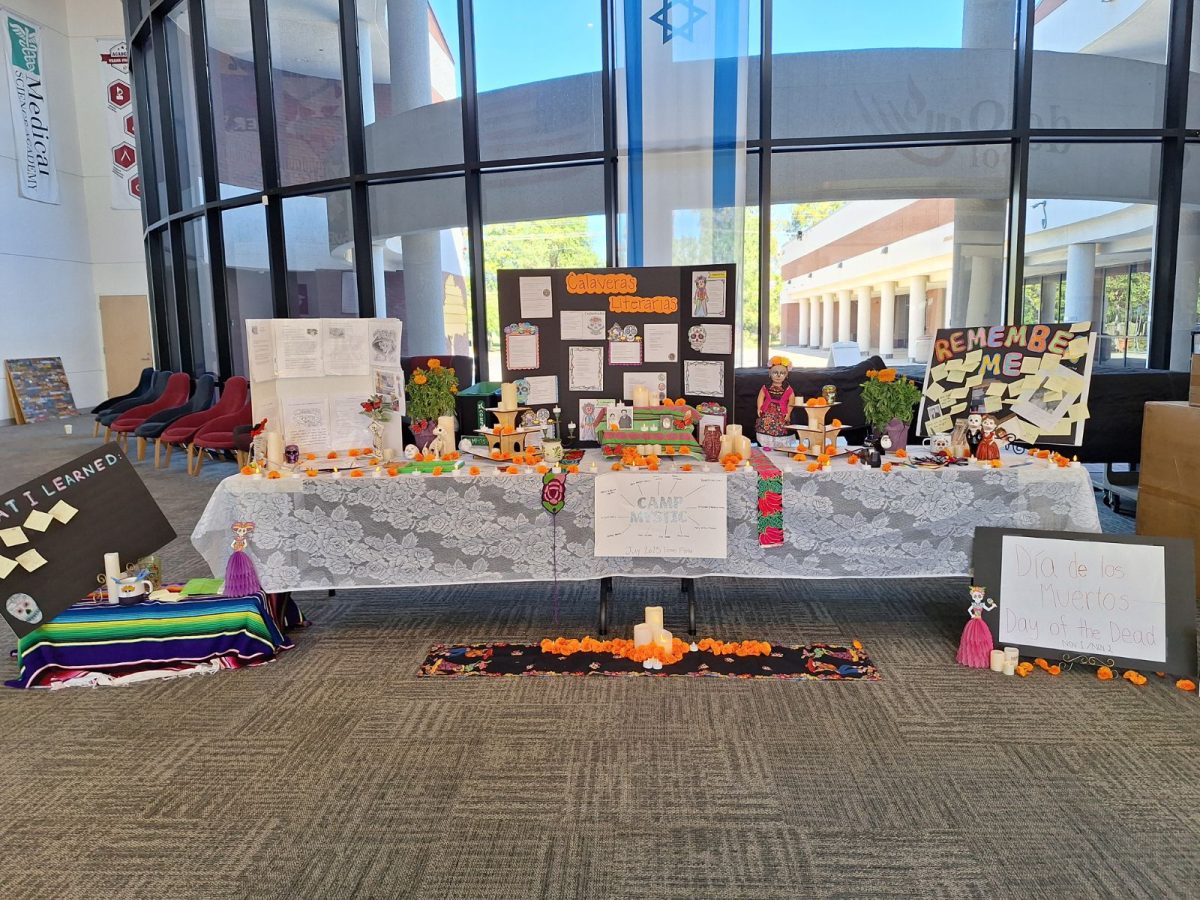







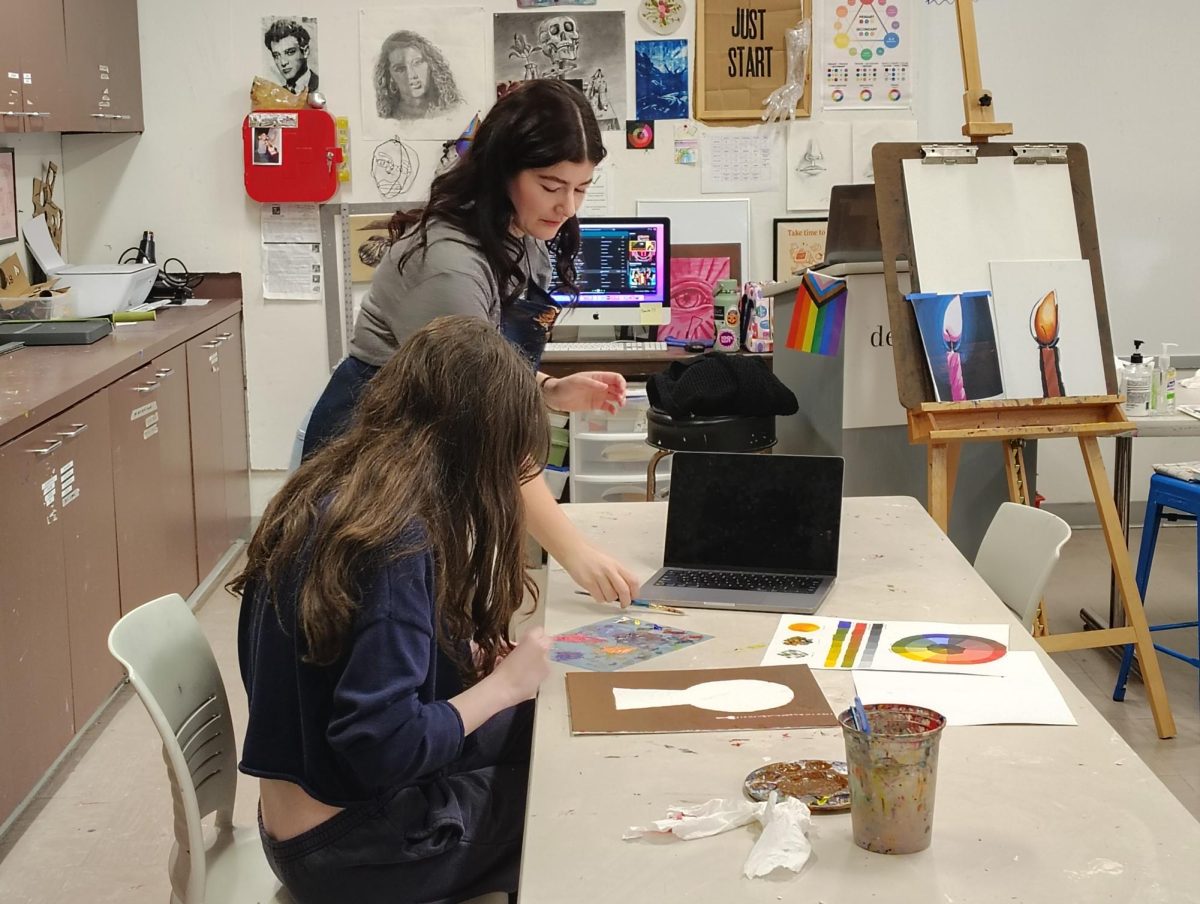



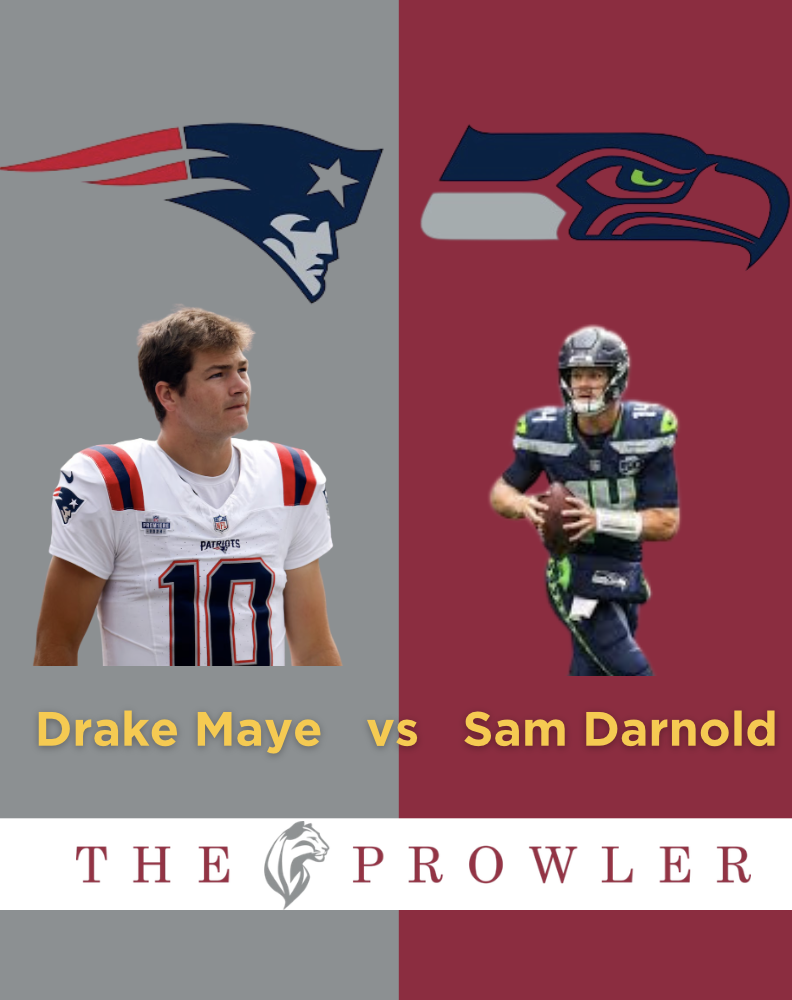

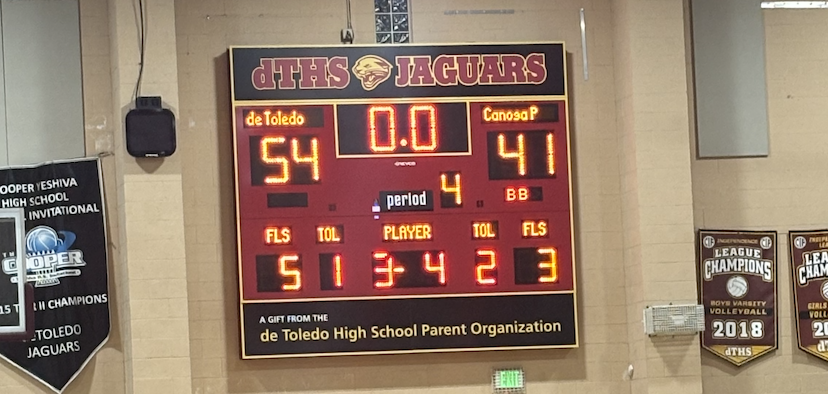


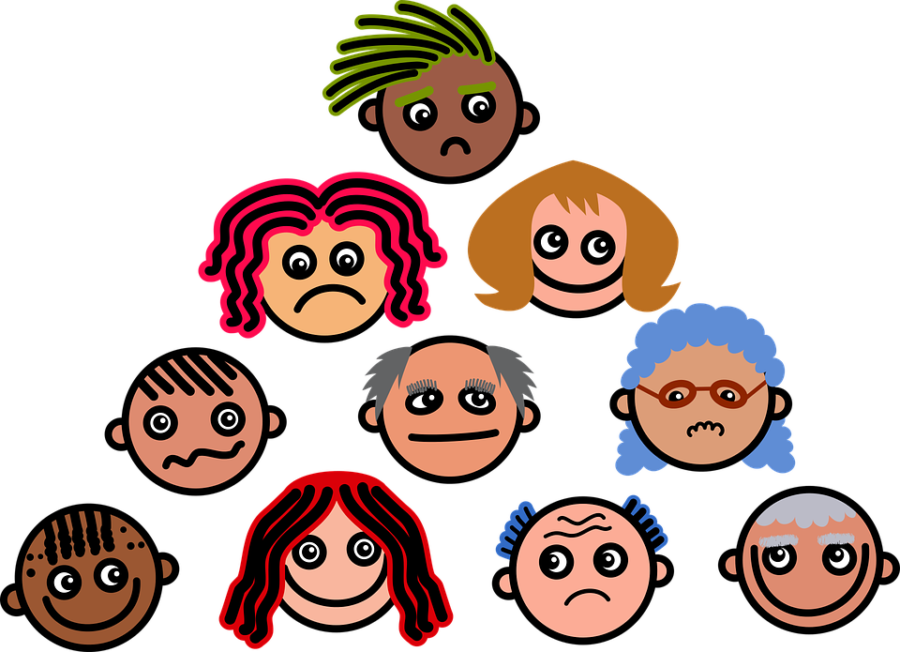

Dr Spiegel • Nov 10, 2017 at 7:10 pm
Wear your name with pride, Simona. No matter our unique differences, they should be celebrated, NOT mocked. Thank you for sharing your experiences and feelings to open all eyes.